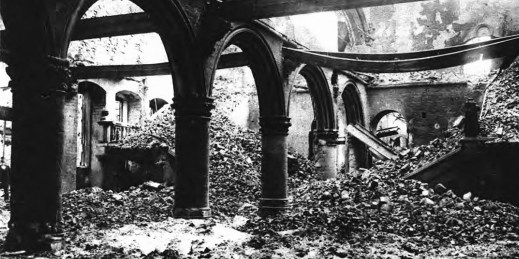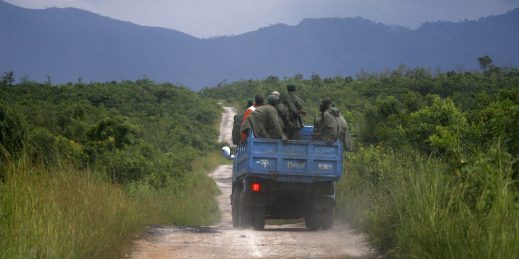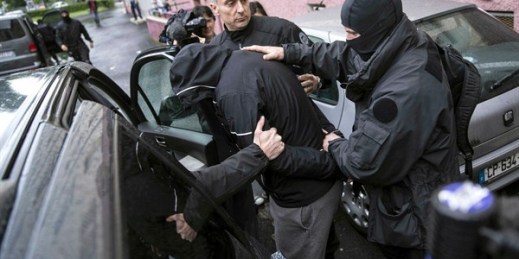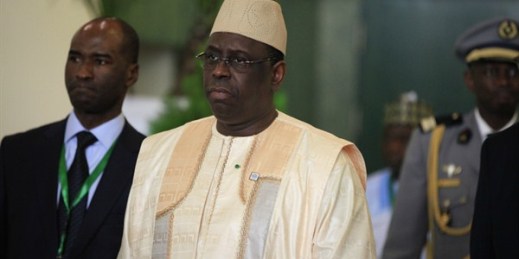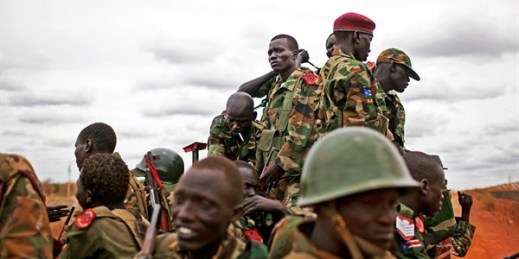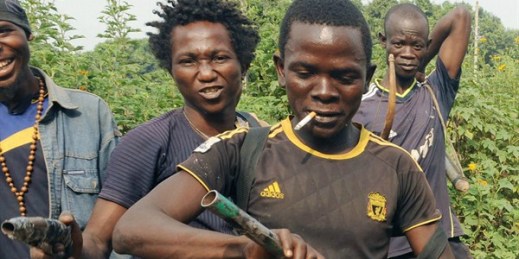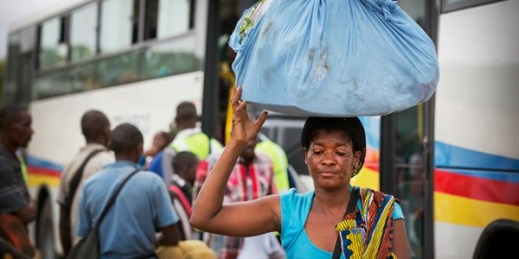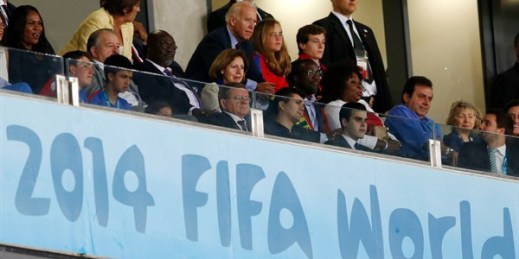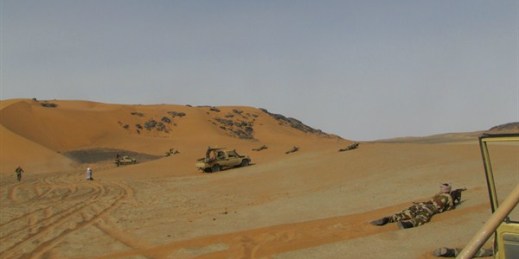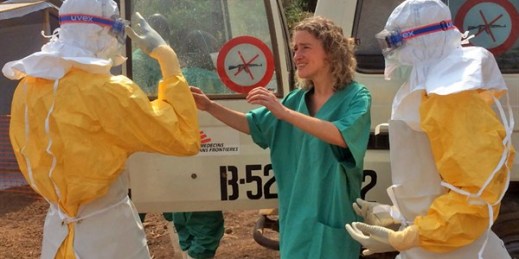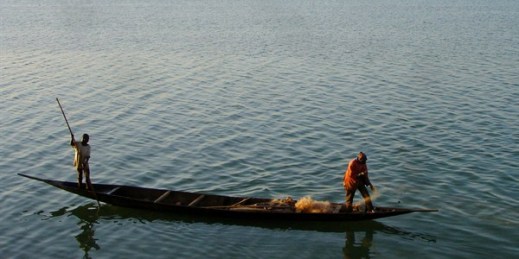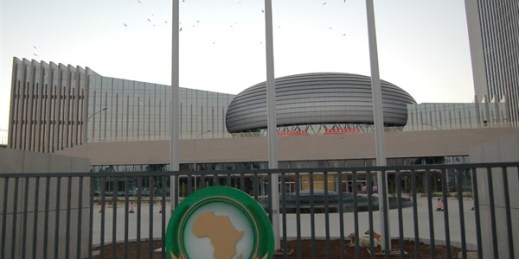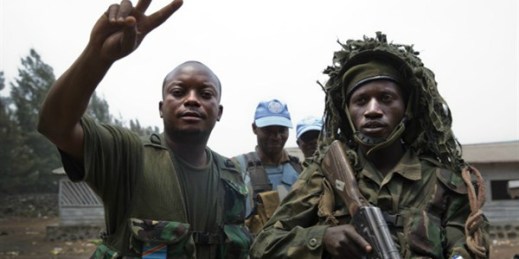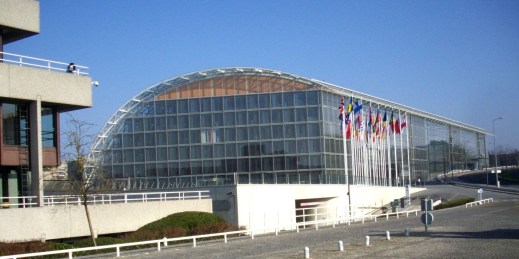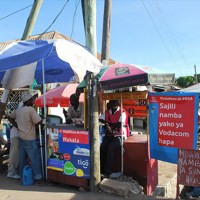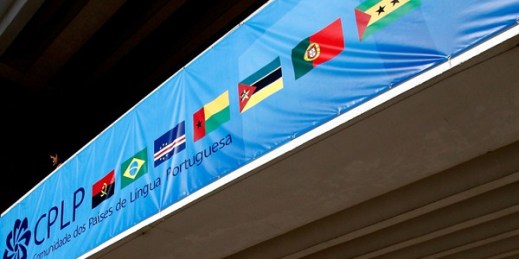
Last week, the Community of Portuguese Speaking Countries (CPLP) held its 10th Summit of Heads of State and Government in East Timor. The meeting produced several resolutions regarding scientific and cultural topics, as well as a number of political statements linked to Guinea Bissau’s elections and mutual political support in international institutions. But perhaps the most important decision made at the summit was the acceptance of Equatorial Guinea, currently the third-largest oil exporter in sub-Saharan Africa, as a full member of the CPLP. The four-year process that led to last week’s outcome was far from smooth, as Portugal vetoed Equatorial […]

